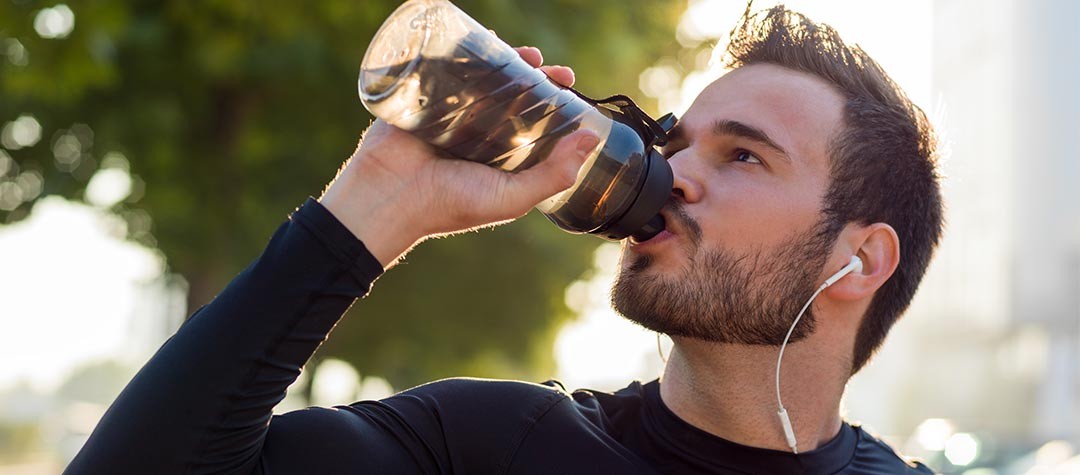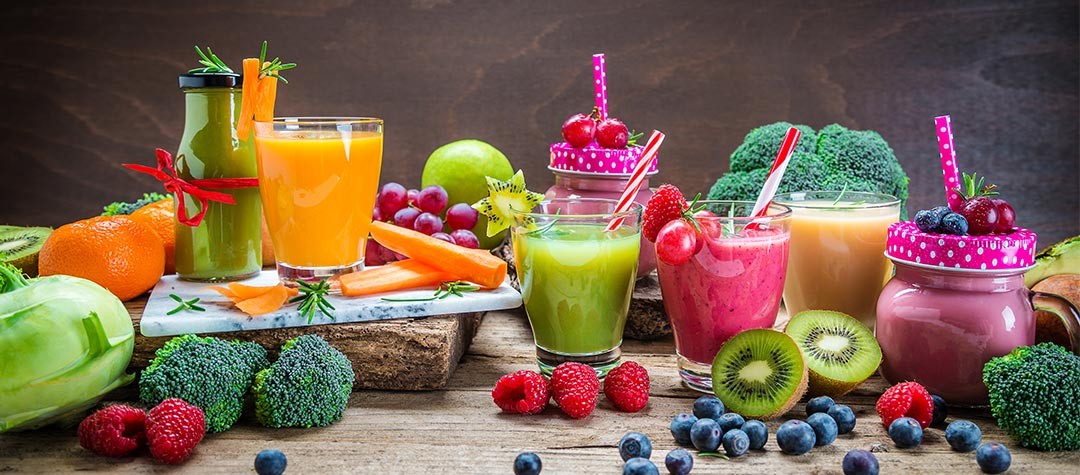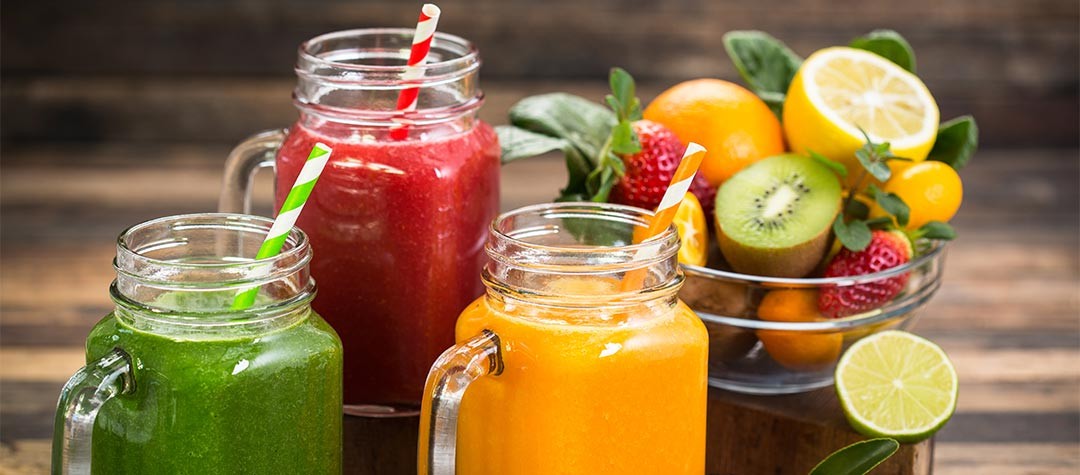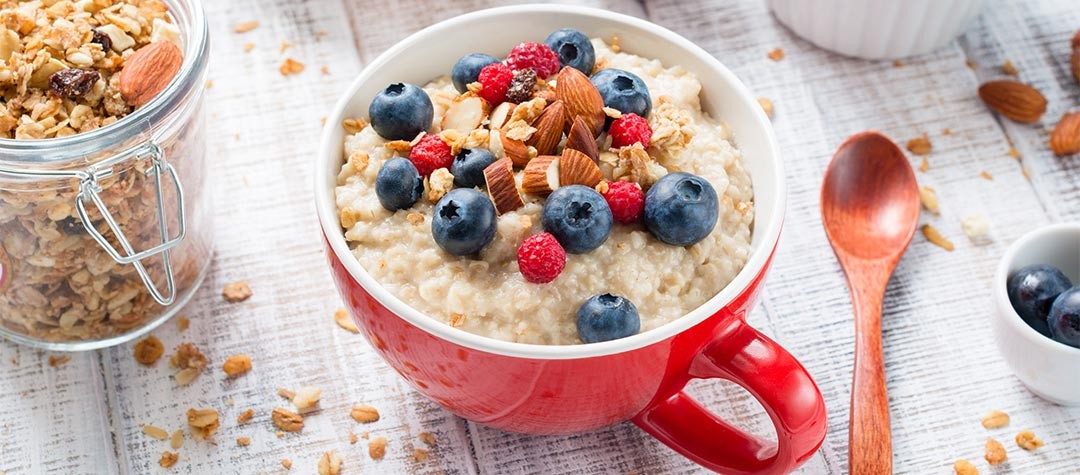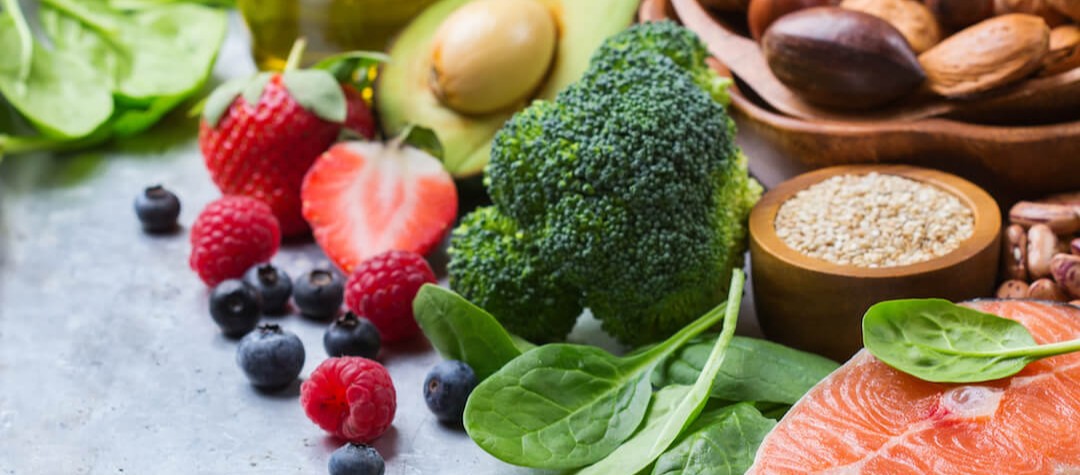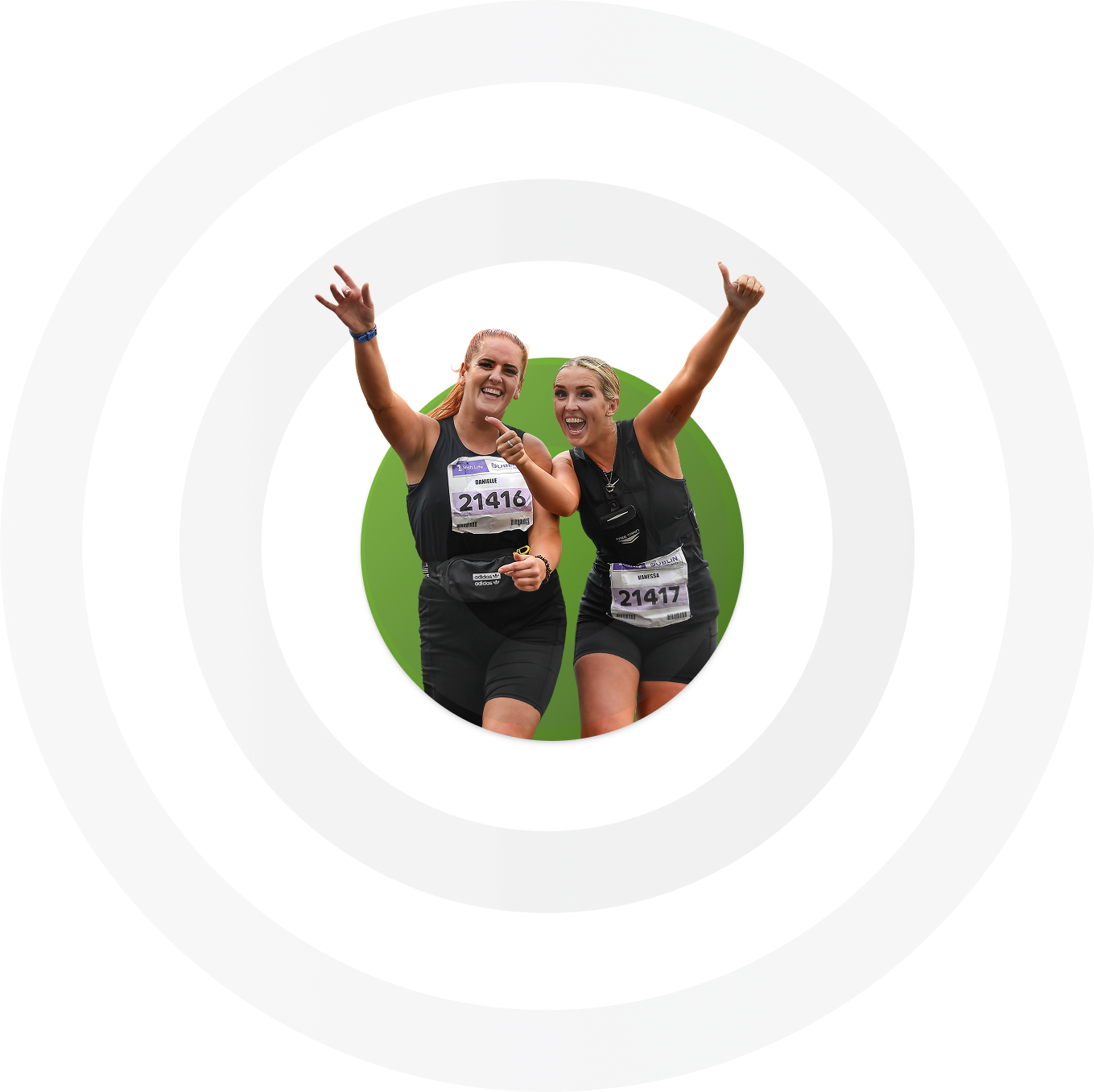Check out this sport nutrition advice to find out what you should and shouldnt eat to benefit from your exercise and workouts.
Are sport supplements beneficial?
Natural foods and balanced diets can provide all the necessary nutrition without need for supplements, however sport supplements do offer an efficient addition to your diet. They can provide quick availability of a variety of elements that may be have been exhausted by exercise or are naturally deficient. Although not necessary, sport supplements offer an effective addition to basic diets and can provide a range of nutrients which can be tailored to the duration and type of exercise you are carrying out.
What is the importance of carbohydrates?
Many myths surround carbohydrates and sugars, branded as the “devils of weight loss”, numerous diets such as Atkins and Ketogenic encourage the boycott of carbs. However, as the body’s main source of energy, carbohydrates are vital, particularly during exercise. Found abundantly in foods such as breads, pasta, cereals, and potatoes, carbohydrates are broken down into glucose which is then stored as glycogen as a source of energy. Carbohydrates are an essential part of your diet, providing both sugars and starches required for replenishing your glycogen stores.
What is the importance of protein in your diet?
Although fats and carbohydrates provide for the majority of energy used in fitness, protein is an essential element to recovery. Sourced from primarily meats, fish, eggs and collection of fruits and nuts, these amino acids are useful to create and repair muscles that have been broken down during exercise. Protein and its benefits are widely recognised as the core way to expand muscle mass and as such is consumed in large quantities by body builders. That said, protein is not solely responsible for muscle growth and so vegetarian and vegan diets can still reap the benefits of a lower protein diet.
What to eat before, during and after exercise?
During sports protein, carbohydrates and water play crucial roles, each providing the adequate energy, recovery and hydration essential for effective performance. Before exercising you should consume carbohydrates such as breads and cereals to provide energy, along with small amount of protein which helps the supply of oxygen and nutrients to muscles. For some, exercising without having eaten is a popular option, accessing the body’s fat stores immediately when commencing exercise, yet access to food (such as energy bars) and water (or sports drink) is important, especially when carrying out long courses of exercise. Immediately after exercise is the best time for the body to absorb nutrients from food, so a high protein drink and foods are ideal to aid recovery.
How can sport affect vitamins and minerals?
It is not uncommon for intensive and regular exercise to cause an imbalance in the body’s source of vitamins and minerals, generally following the rule that the more exercise carried out, the higher the need for more nutrients. Calcium and iron, particularly for women, can be affected by excessive exercise. Falls in iron can result in anaemia, affecting fatigue, performance levels and oxygen absorption. Calcium is also vital for bone strength and protection, significant for sport, in which deficient levels can result in osteoporosis. Therefore ensuring the correct consumption of vitamins and minerals, whether by food or supplements, is key to a healthy and productive exercise regime.
How important is hydration?
Water constitutes a considerable amount of the body, around 70 per cent, and when exercising the body loses significant levels of fluids, so it is crucial that fluids are consumed before, during and after exercise. A fall in hydration can significantly impair the body’s performance, a mere 2 per cent of body weight loss can result in a decrease of 10 per cent in performance. A general guideline advises to drink around 120ml (approx 4 fl oz) every 15 minutes to keep muscles well hydrated to avoid fatigue and serious dehydration.
Are sports drinks really any better than water?
Keeping the body hydrated is important during exercise, although much debate surrounds whether sport and energy drinks or water are ideal for rehydrating the body. Many adverts claim that exercise causes the loss of electrolytes, minerals that maintain the body’s natural functions of tissues and muscles, which water does not replace. If carrying out low intensity exercise water will suffice to rehydrate and gradually restore the body back to it’s ideal level. However if carrying out long durations of exercise, replacing lost electrolytes is beneficial to the body’s endurance. Take a look at the labels of sport drinks in order to avoid high sugar and high calorie drinks.
Do non-athletes need to consider nutritional changes?
Those exercising competitively and those for leisure and fitness require the same basic foundation of nutrients to provide an adequate diet to perform efficiently. The more intense exercise carried out by athletes does however require more tailored dietary planning. However individuals exercising on a non-athletic level still need to consider their consumption of proteins, carbohydrates, vitamins and minerals to ensure the improvements of health and performance in exercise.
How can sports nutrition assist weight loss or gain?
Sports nutrition is heavily associated with intense and extensive exercise, however sports nutrition can be extremely beneficial for those looking to lose or gain weight. Consideration of protein, supplement, vitamin and minerals can offer an edge in performance terms that does not come from exercise alone. A balanced diet when combined with exercise can produce effective results to weight loss or gain, and the alteration of certain food groups such as the increase of protein or the control of calorie consumption, nutrition can accelerate weight change more efficiently than purely by exercise.
How important are calories in sport nutrition?
Control of consumption ‘calories’ is often seen as the key to weight loss, yet calories play an important factor in any form of sport as the fundamental source of energy and fuel. Aiming for a consumption of around 2,500 calories a day for men and 2,000 a day for women, the adjustment of calories is an essential part of the sportsman or woman’s preparation. Although different to each individual and dependent on exercise intensity, calories are the basic foundation in determining exercise regime and nutrition plans.


